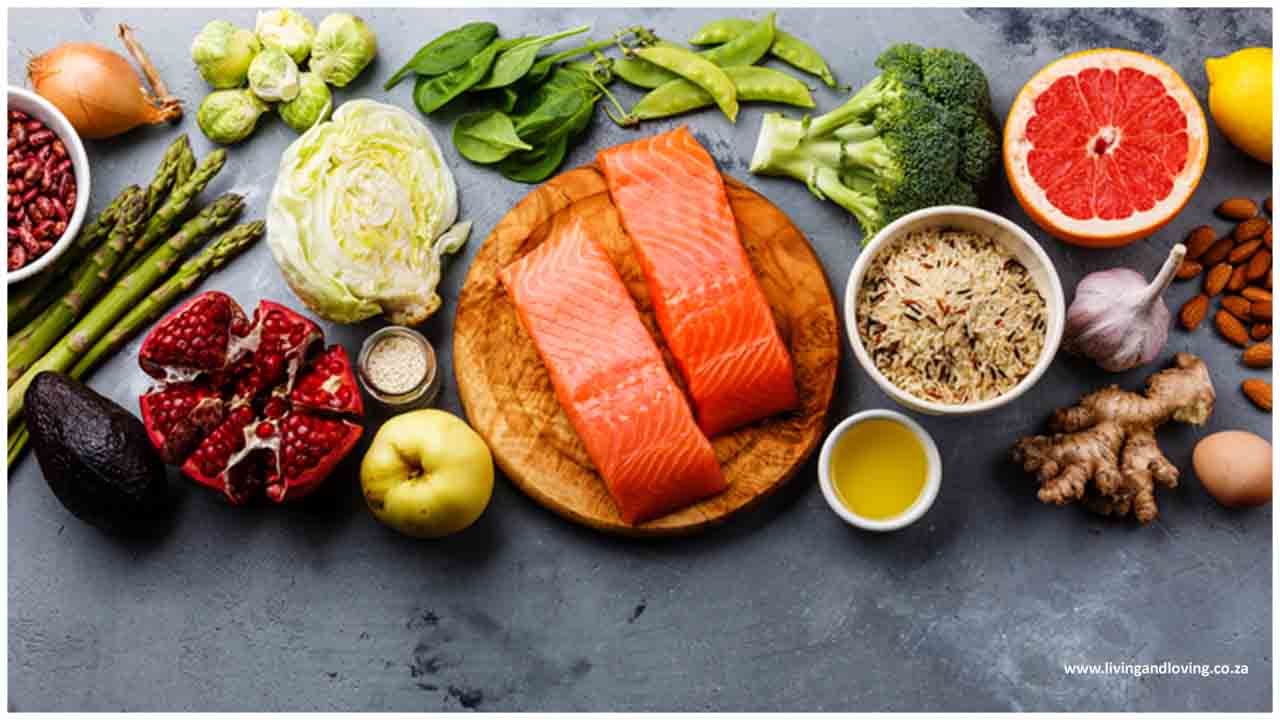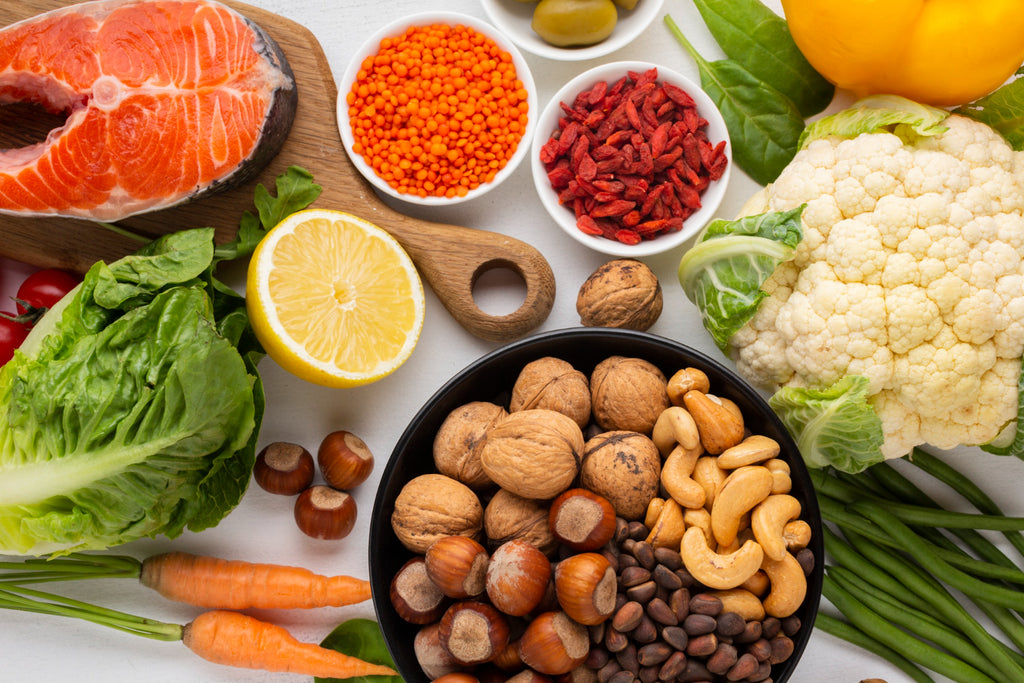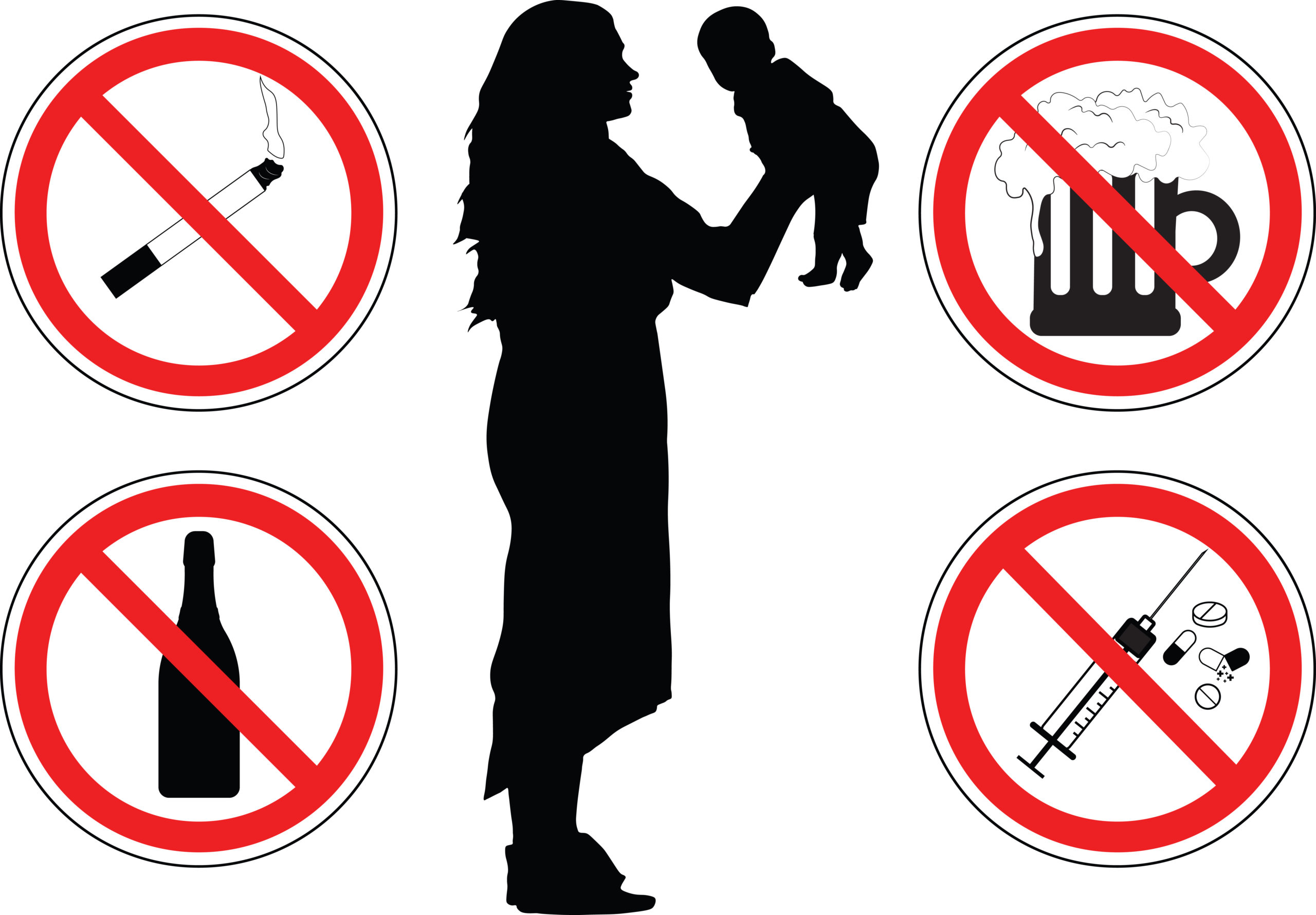


Date: 26 Sep 2025
Breast milk is often described as "liquid gold"—and rightly so. It is the most complete and natural source of nutrition for babies, providing all the proteins, fats, vitamins, and minerals needed for healthy growth and development.
But did you know that the quality of your breast milk is strongly influenced by what you eat as a mother?
For breastfeeding mothers in Kenya, eating a balanced diet is not always easy due to busy schedules, limited resources, or a lack of information. However, with the right knowledge and choices, you can boost the nutritional quality of your breast milk without overspending.
Breastfeeding uses up a lot of energy and nutrients. While the body is naturally designed to produce milk, poor maternal nutrition can affect the quality and sometimes even the quantity of milk produced.
When a mother eats well-balanced meals rich in vitamins, proteins, and minerals, her breast milk is not only enough but also filled with the right nutrients that strengthen her baby’s immune system, promote brain development, and reduce risks of infections.
On the other hand, poor nutrition can lead to fatigue, low immunity, and reduced milk supply, leaving both the mother and baby vulnerable.

Protein helps in the growth and repair of body tissues and plays a vital role in milk production. Breast milk needs to have enough protein for the baby’s growth.
Food Sources: Beans, lentils, eggs, chicken, fish, groundnuts, and dairy products.
Healthy fats like omega-3 fatty acids improve the fat content of breast milk, which is important for your baby’s brain and eye development.
Food Sources: Omena (sardines), avocados, groundnuts, sunflower seeds, and fatty fish like tilapia.
Iron supports the baby’s blood formation and prevents anemia in mothers. While breast milk naturally contains iron, the mother’s diet ensures she remains healthy during lactation.
Food Sources: Green leafy vegetables (sukuma wiki, spinach), beans, lentils, red meat, and liver.
Calcium is vital for strong bones and teeth for both mother and baby. Breastfeeding drains calcium stores, so mothers need a steady intake.
Food Sources: Milk, cheese, yogurt, omena, and green vegetables.
Food Sources: Carrots, mangoes, oranges, eggs, fortified milk, and whole grains.
Breast milk is nearly 90% water, which means hydration is critical. Dehydration reduces milk supply, so mothers should drink at least 8–10 glasses of clean water daily.

While whole foods are the best option, sometimes mothers may need supplements, especially when they struggle to get enough nutrients from their diet alone. At Pharmily Limited Kenya, you can find safe, budget-friendly options for lactating mothers, including:
This is like a nourishing drink mix especially made for moms who are breastfeeding. It has things like shatavari, a herb known to help increase milk supply, plus proteins, iron, etc., so it supports your body while you feed your baby. You mix 2‑3 heaping spoons into milk a few times a day, and it’s tasty and helpful as a supplementary source of nutrition.
These are multivitamin tablets made for the postnatal period to make sure you get enough of the vitamins and minerals your body needs while breastfeeding. They include things like vitamin D, calcium, folic acid, omega‑3s, and more — all useful for keeping up your energy, your bones, and helping ensure your breastmilk has the nutrients it needs.
If you like something more natural and gentle, this tea might be a great choice. It blends fenugreek (often used to support milk flow) and fennel (which helps digestion and can soothe bloating), so it can help in two ways: with milk production and helping you feel more comfortable.
4. Lansinoh HPA Lanolin Nipple Cream (40ml)
This isn’t a vitamin, but it’s super helpful for breastfeeding pain. Your nipples may get sore, cracked, or dry — this cream is made from 100% pure lanolin to soothe and protect. What’s nice is that it’s safe for the baby, has no smell, taste or harsh chemicals, and you don’t need to wash it off before feeding.
If you want mostly Omega‑3, this one delivers a strong dose of fish oil rich in EPA and DHA. It helps with brain, eye, and heart health, both for you and for your baby (through your milk). Taking 1–3 softgels a day with food can help you feel more balanced and support milk quality.
All these and many more supplements to help you boost both the quality and quantity of your breast milk are available on Pharmily.co.ke, your trusted online pharmacy. Visit us for more.

There aren’t specific foods that decrease milk supply when breastfeeding. But there are foods and beverages you may want to avoid for other reasons.
For instance, you should try to limit caffeine-rich beverages like coffee or regular tea. Too much caffeine might affect your sleep, or your baby’s. It can also lead to irritability and fussiness in some babies.
While fish can be part of a healthy diet, certain fish should be avoided while breastfeeding. This is because fish like shark, mackerel, and swordfish contain high levels of chemicals like mercury.
While you don’t need to avoid alcohol, you should limit your consumption while breastfeeding. Having a single drink and waiting two hours before you feed or pump will be safest for your baby. Remember, the things you eat and drink pass to your baby through your breast milk.
While spicy foods or cruciferous vegetables like broccoli and cauliflower might make you gassy, they’re unlikely to have the same effect on your baby. If you’re worried that something you ate is bothering your baby, avoid the possibly offending food for a few days and see if it helps. You can always try them again later when your baby’s digestive tract is more mature.

Breastfeeding provides the most natural and complete form of nutrition for newborns, offering both immediate and long-term health benefits. Breast milk is uniquely tailored to meet your baby's needs and changes as your baby grows.
1. Does my diet really affect the quality of my breast milk?
Yes. While your body will still produce milk, the quality—especially vitamins, minerals, and fat content—depends on your diet. Eating a balanced diet ensures your baby gets the best nutrition.
2. Which foods should I avoid when breastfeeding?
Avoid excessive caffeine, alcohol, and highly processed foods with little nutritional value. Some spicy or gas-forming foods may upset your baby’s stomach, so watch how your baby reacts.
3. Can supplements replace a healthy diet?
No. Supplements are only meant to fill nutritional gaps. A balanced diet of whole foods should always come first.
4. Where can I buy safe supplements and breastfeeding products in Kenya?
The safest option is Pharmily.co.ke, a licensed online pharmacy that offers genuine, affordable supplements and health products for lactating mothers.